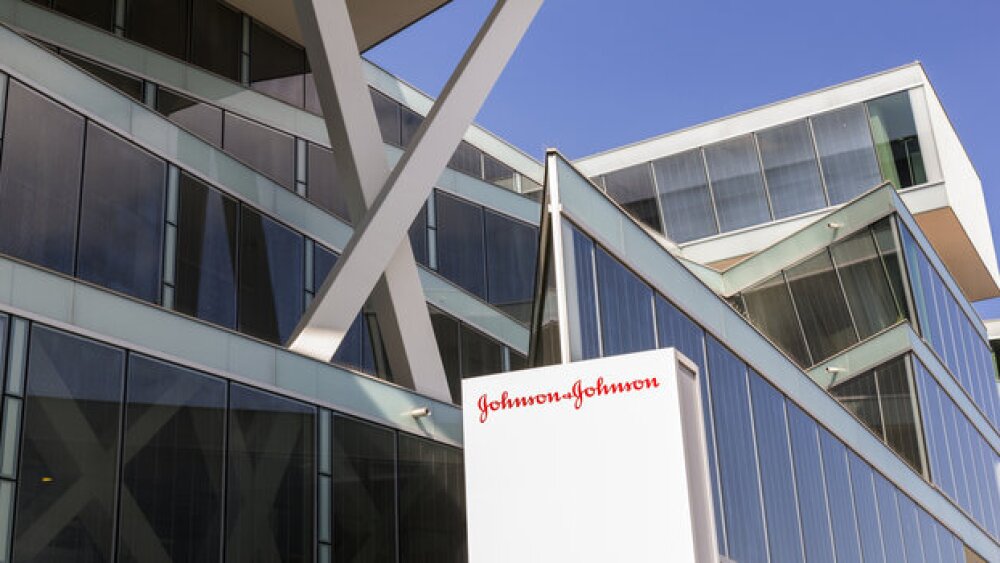The Chinese biopharma market is booming as more and more companies eye breaking into that rich market. Christophe Weber, chief executive officer of pharma giant Takeda, views its China programs as its second-biggest business behind the United States.
The Chinese biopharma market is booming as more and more companies eye breaking into that rich market. Christophe Weber, chief executive officer of pharma giant Takeda, views its China programs as its second-biggest business behind the United States.
Coming off its $62 billion acquisition of Shire PLC, Weber and Takeda are planning to sell seven new drugs in China over the next five years, the CEO told the Japan Times. Takeda is banking on winning regulatory approval in China for some of the new medications that it gained in the deal. Weber told the Japan Times that the company is working on reimbursement programs in China for those drugs.
Calling it a “big, big shift” in strategy, Weber said that Takeda’s goal is to launch their medications in China as the same rate as they attempt in their other markets, including the U.S. and Europe. Takeda now regards China as a core country to its business practice.
“There’s no reason in the long term China shouldn’t be our second-biggest business in the world,” Weber said in his interview.
Taking a keen focus on China makes good business sense for pharma companies. Last year, China’s pharmaceutical market was valued at $122.6 billion, according to data from health-care information company IQVIA (formerly QuintilesIMS). Those numbers are expected to increase significantly. IQVIA data shows China’s pharmaceutical market is expected to grow to between $145 billion and $175 billion by 2022. That kind of growth is why over the past decade China has become the second-largest drug market in the world behind the United States. China supplanted Japan, which had held onto the number two spot for a long time.
With a strong pipeline of drugs that cover numerous diseases, Takeda is taking advantage of a relaxation of China’s drug restrictions – particularly as there is a growing demand for new treatments in that country. One key area in the Chinese market is oncology. With approximately 700,000 new cases of cancer diagnosed annually in China, that country has one-third of new cancer patients in the world. Takeda will not be attempting to sell Shire’s oncology drugs in China, though. Shire sold its small oncology business ahead of the Takeda deal to France’s Servier for $2.4 billion.
In his interview with the Japan Times, Weber did not elaborate on which drugs his company plan to seek regulatory approval for from the Chinese Food and Drug Administration. Weber also seemed confident that economic relations between China and the United States will not pose a large hurdle due to the number of tariffs the two countries have been imposing on various goods. Weber said it was one thing to impose tariffs on automobiles, but a “totally different thing to restrict access to medicine, impacting patients and health.”





